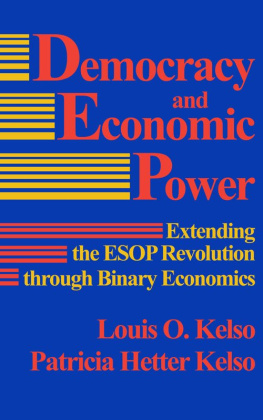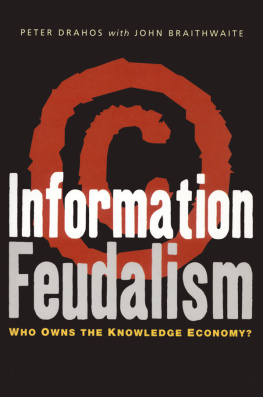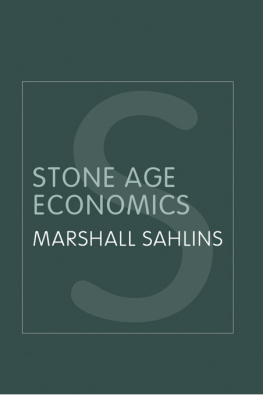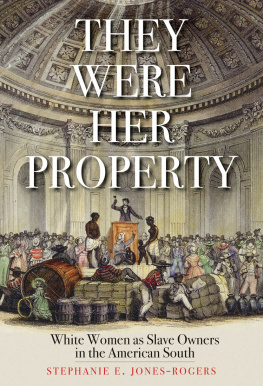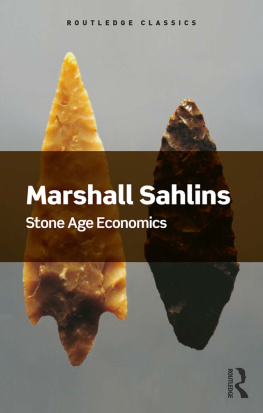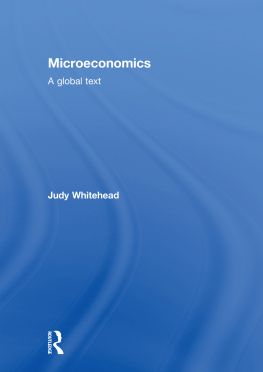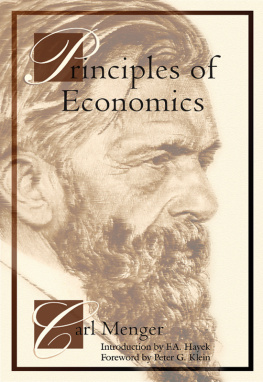First published in 1932 by Oxford University Press for the International African Institute.
This edition first published in 2018
by Routledge
2 Park Square, Milton Park, Abingdon, Oxon 0X14 4RN
and by Routledge
711 Third Avenue, New York, NY 10017
Routledge is an imprint of the Taylor & Francis Group, an informa business
1932 International African Institute
All rights reserved. No part of this book may be reprinted or reproduced or utilised in any form or by any electronic, mechanical, or other means, now known or hereafter invented, including photocopying and recording, or in any information storage or retrieval system, without permission in writing from the publishers.
Trademark notice: Product or corporate names may be trademarks or registered trademarks, and are used only for identification and explanation without intent to infringe.
British Library Cataloguing in Publication Data
A catalogue record for this book is available from the British Library
ISBN: 978-0-8153-8713-8 (Set)
ISBN: 978-0-429-48813-9 (Set) (ebk)
ISBN: 978-1-138-59868-3 (Volume 66) (hbk)
ISBN: 978-0-429-48617-3 (Volume 66) (ebk)
Publishers Note
The publisher has gone to great lengths to ensure the quality of this reprint but points out that some imperfections in the original copies may be apparent.
Disclaimer
The publisher has made every effort to trace copyright holders and would welcome correspondence from those they have been unable to trace.
ECONOMICS
IN PRIMITIVE
COMMUNITIES
By
RICHARD THURNWALD
Published for the
INTERNATIONAL INSTITUTE OF
AFRICAN LANGUAGES AND CULTURES
by HUMPHREY MILFORD
OXFORD UNIVERSITY PRESS
1932
The ethno-sociological terms in current use are not always apt or accurate. Their vagueness may lead to misunderstanding. A word of explanation is necessary with regard to some such terms employed in this book.
Evolution, development, develop, &c., should be regarded as words expressing a change or consecutive changes in certain directions, not as terms of an evolutionary theory.
Borrowing. A term sometimes applied to the acquisition of technical skill, the use of implements, ideas, devices for treating the sick, dealing with supernatural ideas, social institutions, &c., is often misleading in its use. In most of these cases there is no question of a subsequent return. For the purpose of ethnological inquiries the only meaning considered is that of taking over. Therefore the term borrowing has been as far as possible avoided in the text.
Clan, sept, tribe, and family, are words of more direct bearing on the subject of this book. They are somewhat indiscriminately used in anthropological literature. American writers have introduced an additional term, gens, to designate a patrilineal clan. Its acceptance by English and German authors would help to enrich the terminology required. In this volume, however, the term has not been used.
Clan. Primitive life is based on clan life. The clan generally forms the supreme unit economically and politically. It represents a more stabilized aggregation of families. Among hunting and collecting tribes these aggregations are seldom permanent. Under the influence of stratification the clan changes. It is resolved partly into more or less independent manors, partly into castes and guilds.
The term clan by no means always connotes the same idea. Its meaning changes with the conditions of life. The clan is an association of close relatives, originally residing on the same spot and observing their own traditions. These traditions often survive even the changes brought about by divisions and migrations. The new settlements may unite on certain occasions for the performance of a common ritual, or the fractions of clansthe septswho have taken up their abode together may unite against a hostile attack. A new clan may of course originate from the breaking up of the old one. Then the links with the latter fall into oblivion.
The greatest danger which threatens a clan is its stratification by a foreign tribe belonging to another cultural zone, e. g. pastoral people may force on the agriculturists an unfair exchange of their respective produce. Once stratification has been established the clan institution changes and begins to dissolve (see Part III, Chap. I). As a consequence, the patriarchal family becomes paramount. The caste consists of an aggregation of families within a stratified society. Ancient clan relations may partially survive as ceremonial or marriage units. If these are obliterated generally strict observances subsist in the form of traditions.
Sept. If a clan with fixed traditions splits, these splits are termed septs. By the time a sept becomes a clan it loses its relations to the mother clan. Several septs may unite.
Tribe. A tribe is generally European inference from a number of clans having similar language, institutions, and implements. In fact it is rarely a conscious unit, still less a political body. The term tribe is loosely used for a number of clans not expressly named but enjoying similar institutions.
A tribe means a simple group, speaking a common language, using similar weapons, implements, and contrivances. It is primarily a cultural unit, its political organization, if there is any, being of secondary importance. Economically the clans and settlements of the tribe usually exchange their goods. They are in commercium and often also in connubium with each other. The phrase tribal life generally refers to life in clans, septs, or associations of clans. The term detribalization refers to the breaking-up of the traditional clan organization and should rather be termed declanization.
Family. The expression family in this book is used in the sense of a group consisting of a man, his wife (or wives), and his dependent children, own or adopted. This definition seems simple; the reality, however, is far from being so. Among predatory tribes of hunters and collectors the family is usually part of a clan, but has some characteristic traits. It consists of persons of differing age and sex, acting in co-operation for economic purposes and mutual help, whereas a clan is mainly led by men and has chiefly political, religious, and social aims.
Patriarchal families are different from those within the clan-bond. This is a familia (extended family, Grossfamilie, famille globale), in the ancient Roman sense of the word. It may include the married children, grandchildren, and great-grandchildren, and associates a number of serfs, often holding tenants in dependence. It is distinct from the clan or sept in that it always resides on the same spot under a partiarchal head. An exception is the polygamous family, in which a man has not only several wives in different huts but also in different villages, paying them visits in rotation.



